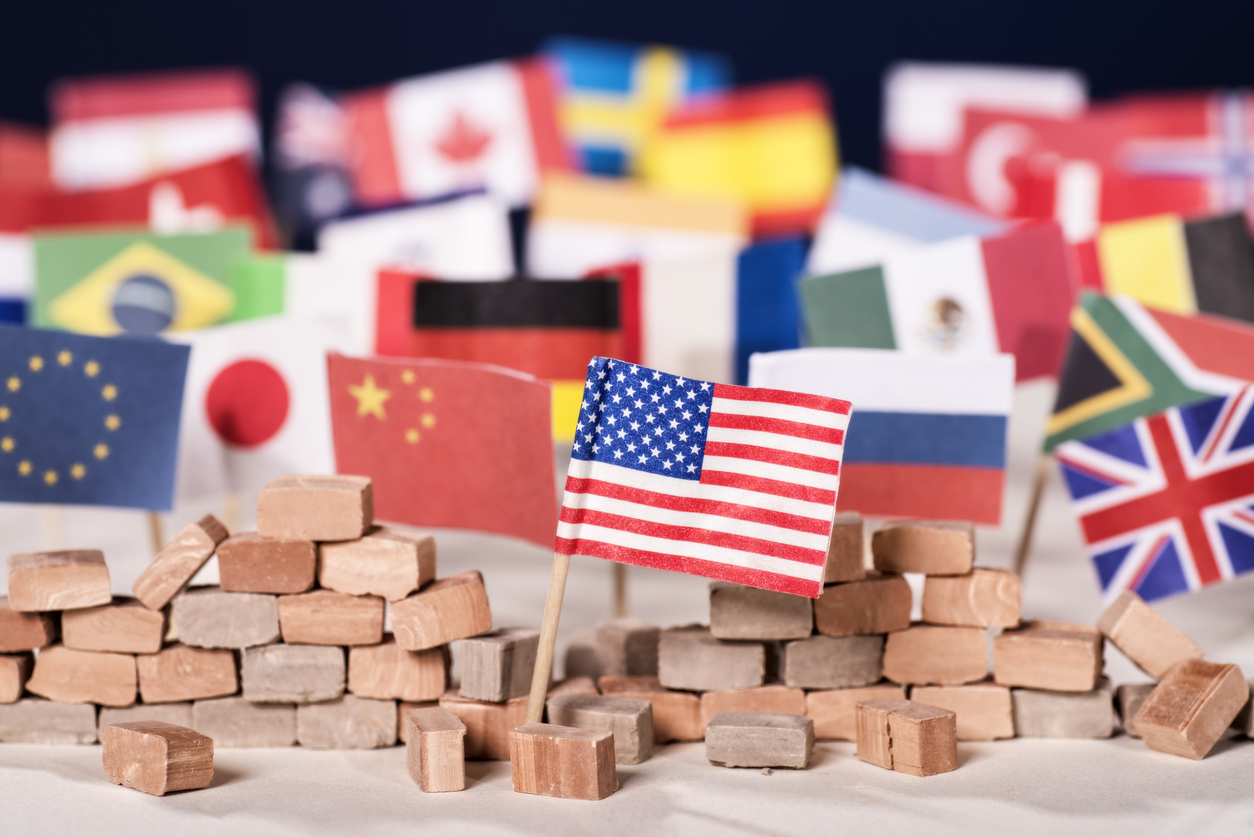2023/01/19
Economic Security and Related Issues: Look for a Chance in the New Risks and Restrictions

(The original article in Japanese was posted on December 23, 2022)
On December 20, the Japanese government adopted "specified critical materials" at a Cabinet meeting based on the Economic Security Promotion Act that was enacted in May 2022. Specifically, 11 industrial sectors including semiconductors, storage batteries, machine tools, natural gas, critical minerals, permanent magnets, antimicrobials, fertilizers, and ship spare parts are designated. All of these items are either resources, parts, materials, or products essential to maintain the lives of the people and economic activities. The government will formulate feasible measures for each designated item with the aim of diversifying supply chain systems, streamlining domestic production system, developing alternative resources, and strengthening stockpiling capacity, all for the principal purpose of accomplishing a stable supply system in the event of an emergency.
Obviously, the highest risk factor is associated with China. Even in the private sector, the "China plus one" has been a key strategic term for more than a decade. However, for companies that have constantly invested in China as a production base and a huge growth market, it is not that easy to achieve a complete withdrawal from China. They are facing a challenge, seeking for further diversification of sales channels and procurement sources, while promoting a qualitative shift in business. At the same time, the economic and security policies of the U.S., a Japan’s ally, are also becoming a sort of constraint to Japanese companies. In addition to the issue related to "extraterritoriality rules on re-exports," the U.S. federal law known as "Inflation Reduction Act (IRA)," passed in August has caused controversy for now.
Originally, IRA is expected to suppress rising prices and also promote energy security as well as countermeasures against climate change. However, from the perspective of an industrial policy, the substantive contents of IRA are closely akin to protectionism. For example, the electric vehicles including the parts and raw materials that are eligible for subsidies and tax credits are determined according to the final assembled country and the procurement sources of materials. Even though the details of IRA are open for later discussion in case of any amendment needed, it is likely that manufacturers will be required to have production bases in the U.S. in order to remain competitive in the North American market. The EU countries express their objection to the legislation. Similarly, it has raised concerns among Japanese companies.
In resonance with the drastic changes in the global affairs, the world is moving toward strengthening of domestic economic security. It should be remembered, however, that the divisions existing in our world may be further fragmented into those between countries as every nation escalates the inward-looking security policy, , and as a result, growth opportunities are getting smaller. The coordinating ability of global organizations and the government-level diplomacy are seriously expected to work out effectively. Concurrently, private companies should examine their entire business operations from a perspective of clear and fair rules and shared values, and then take a proactive approach to developing market strategies and restructuring supply chains. Not only those engaged in the 11 specific critical materials, but all companies need a preliminary action to be more sensitive to geopolitical risks. Setting that aside, change is the greatest opportunity. First of all, accept the risks as the unavoidable fact and subsequently, look for the new growth opportunities. I’m so excited to start the upcoming year 2023. Very best wishes for a happy new year.
This Week’s Focus, December 23, 2022
Takashi Mizukoshi, the President